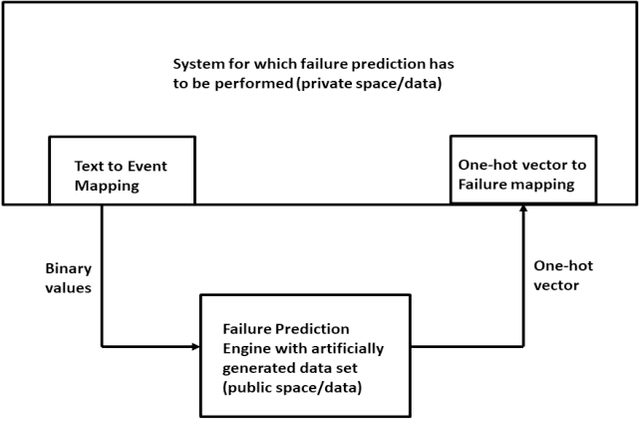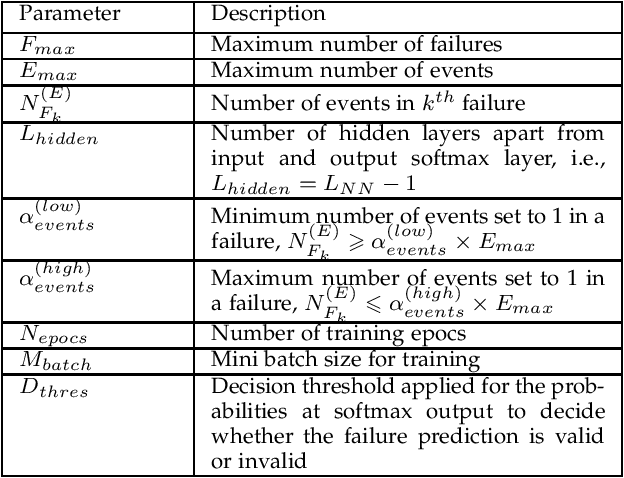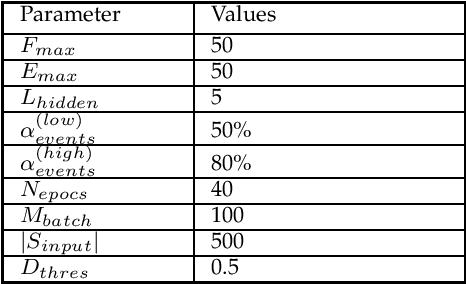Jyotsna Bapat
Load Balanced ISAC Systems for URLLC Users
Jan 23, 2026Abstract:This paper presents an energy-efficient downlink cell-free massive multiple-input multiple-output (CF-mMIMO) integrated sensing and communication (ISAC) network that serves ultra-reliable low-latency communication (URLLC) users while simultaneously detecting a target. We propose a load-balancing algorithm that minimizes the total network power consumption; including transmit power, fixed static power, and traffic-dependent fronthaul power at the access points (APs) without degrading system performance. To this end, we formulate a mixed-integer non-convex optimization problem and introduce an iterative joint power allocation and AP load balancing (JPALB) algorithm. The algorithm aims to reduce total power usage while meeting both the communication quality-of-service (QoS) requirements of URLLC users and the sensing QoS needed for target detection. Proposed JPALB algorithm for ISAC systems was simulated with maximum-ratio transmission (MRT) and regularized zero-forcing (RZF) precoders. Simulation results show approximately 33% reduction in power consumption, using JPALB algorithm compared to a baseline with no load balancing, without compromising communication and sensing QoS requirements.
Target Detection for OTFS-Aided Cell-Free MIMO ISAC System
Aug 23, 2024Abstract:This letter focuses on enhancing target detection performance for a multi-user integrated sensing and communication (ISAC) system using orthogonal time frequency space (OTFS)-aided cell-free multiple-input multiple-output (MIMO) technology in high-speed vehicular environments. We propose a sensing-centric (SC) approach for target detection using communication signals with or without sensing signals. Power allocation is optimized to maximize the sensing signal-to-noise ratio (SNR) of the proposed SC scheme while ensuring a required quality-of-service (QoS) for the communication user equipment (UEs), and adhering to each access points (APs) power budget. Numerical results show that the proposed SC scheme vastly outperforms a communication-centric method that minimizes the total power consumed at the APs subject to the same constraints.
Improved Q-learning based Multi-hop Routing for UAV-Assisted Communication
Aug 17, 2024Abstract:Designing effective Unmanned Aerial Vehicle(UAV)-assisted routing protocols is challenging due to changing topology, limited battery capacity, and the dynamic nature of communication environments. Current protocols prioritize optimizing individual network parameters, overlooking the necessity for a nuanced approach in scenarios with intermittent connectivity, fluctuating signal strength, and varying network densities, ultimately failing to address aerial network requirements comprehensively. This paper proposes a novel, Improved Q-learning-based Multi-hop Routing (IQMR) algorithm for optimal UAV-assisted communication systems. Using Q(\lambda) learning for routing decisions, IQMR substantially enhances energy efficiency and network data throughput. IQMR improves system resilience by prioritizing reliable connectivity and inter-UAV collision avoidance while integrating real-time network status information, all in the absence of predefined UAV path planning, thus ensuring dynamic adaptability to evolving network conditions. The results validate IQMR's adaptability to changing system conditions and superiority over the current techniques. IQMR showcases 36.35\% and 32.05\% improvements in energy efficiency and data throughput over the existing methods.
Multi-class Classifier based Failure Prediction with Artificial and Anonymous Training for Data Privacy
Sep 06, 2022



Abstract:This paper proposes a novel non-intrusive system failure prediction technique using available information from developers and minimal information from raw logs (rather than mining entire logs) but keeping the data entirely private with the data owners. A neural network based multi-class classifier is developed for failure prediction, using artificially generated anonymous data set, applying a combination of techniques, viz., genetic algorithm (steps), pattern repetition, etc., to train and test the network. The proposed mechanism completely decouples the data set used for training process from the actual data which is kept private. Moreover, multi-criteria decision making (MCDM) schemes are used to prioritize failures meeting business requirements. Results show high accuracy in failure prediction under different parameter configurations. On a broader context, any classification problem, beyond failure prediction, can be performed using the proposed mechanism with artificially generated data set without looking into the actual data as long as the input features can be translated to binary values (e.g. output from private binary classifiers) and can provide classification-as-a-service.
 Add to Chrome
Add to Chrome Add to Firefox
Add to Firefox Add to Edge
Add to Edge